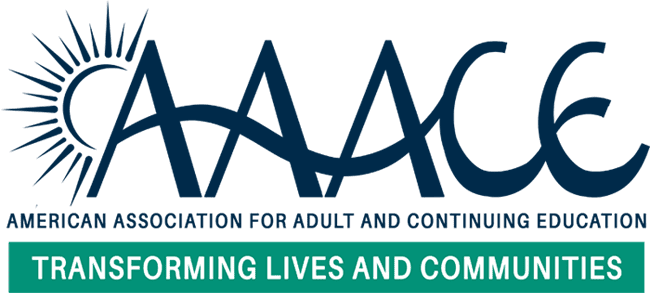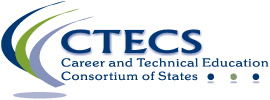Menu
- Economic Empowerment Project
- Entrepreneurship Certification Exam
- Ordering, Testing & Support
- Purchase/Order Exam
- Personal Finance Certification Examination
- Entrepreneurship Institute--Middle/Secondary
- Entrepreneurship Institute--Adult Ed
- Personal Finance Institute--Middle/Secondary
- Personal Finance Institute--Adult Ed
- Contact

Institute offered in partnership with

National Online Personal Finance Institute
for Adult Educators & Service Providers
February 24 – May 16, 2025
April 14 – 25 Break
10 Weeks
3 Classes on Feb 24, Mar 25, and May 8
3:00-5:00pm ET
Empower adult learners to become better money managers for a prosperous future!
The overarching goal of this online Institute is to streamline adult educators’ learning of personal finance content by reviewing classroom-ready curricula and resources, including lessons, videos, infographics, PPT slides, simulations, games, etc. That is, personal finance content and instructional strategies are learned simultaneously to reduce instructional preparation time. Vetted by 23 years of experience, this professionally curated collection of 450+ resources features the greatest hits in personal finance education and is geared toward adult learners with limited education and income. Basic economic concepts and reasoning skills are used a lens for making more informed and empowered financial decisions.
The experiential learning Institute is extremely flexible and accessible to a variety of adult education and workforce development audiences and easily customizable to different learning formats, including real-world contextualized instruction (e.g., GED math instruction), standalone semester courses, community workshops, one-on-one counseling sessions, etc. Online modules are self-paced with practical, applied, and reflective assignments that can be reused with adult learners. Live Zoom classes feature breakout groups for WIOA and cross-state/agency networking, collaboration, and resource sharing.
Includes Certificate of Completion and Optional Certified Personal Finance Educator Credential and Digital Badge.
Educators Learn
Personal Finance Content
via a Professionally Curated
Collection of 450+ Resources
Institute Classroom-Ready
Assignments
Reusable with
Adult Learners
Real-world
Instructional Context
for Math, GED, Basic Skills
& Literacy Instruction
Zoom Breakout Groups
for National Networking
&
Collaboration
Early Bird Registration Is Now Open!
$350
45 Hours of Professional Development
Or optional 3-hours of undergraduate or graduate university credit available
SAMPLE CURRICULUM TOPICS
Aligned with National Standards for Personal Finance Education
Basic Economic Concepts
Economic Reasoning Skills
Money Values
Financial Goal Setting
Earning Income
Human Capital
Taxes
Budgeting
Reducing Expenses
Spending Decisions
Saving
Banking
Credit
Borrowing & Debt
Bankruptcy
Scams & Identity Theft
Payday Lending
Insurance
Investing
Retirement
Paying for College
Consumer Rights-Responsibility
The 1.5 million U.S. adult learners with limited education and income often have low levels of financial literacy, making them 6X more likely to have trouble paying bills, 3X more likely to be in significant debt, 3X more likely to be unable to cover a $2,000 emergency expense, 5X more likely to lack enough savings to cover one month of living expenses, 4X more likely to spend 10+ hours/week dealing with personal finance challenges.
Financial management skills offer freedom, hope, and empowerment, creating a less stressful future filled with agency and financial choices while breaking intergenerational cycles of poverty and reducing the risk of financial dependence, exploitation, and fraud.

WHO SHOULD ATTEND?
Any adult service provider who works in adult education, basic skills and HSE/GED programs, literacy organizations, workforce development, career coaching, employment centers, social services, aging and vocational rehabilitation, benefits/work incentives, disability services, corrections, veterans affairs, American Job Centers, Goodwill Industries, United Way, immigrant services, disenfranchised youth programs (alternative education, juvenile justice, Job Corps, etc.), foster care, substance recovery programs, homelessness aide, community colleges, and other like-minded nonprofit and government organizations.

